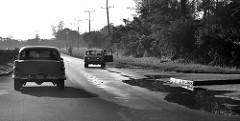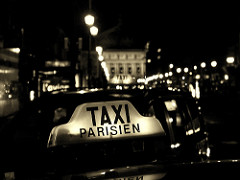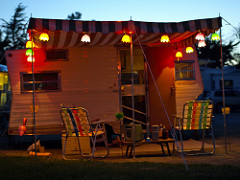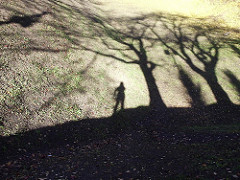By AARON STEVEN MILLER
In the dimness and filtered light of the school-hostel’s front hall, he read the note once more.
Looking for travel companion to hitch hike to Budapest this week. Meet here Wednesday at 13:00. Milku.
There he gleaned it. There it was, in this building with its waxed floor, in a band of daylight tossed from the long enameled windows: his next move. On lined paper posted on this bulletin board amidst the children’s artwork. He gazed at it, read it one more time. The handwriting was looping and firm, but not bubbly. It was welcoming. He read the word Budapest again. It whispered to him. It seemed far, too far. It was tantalizing.









